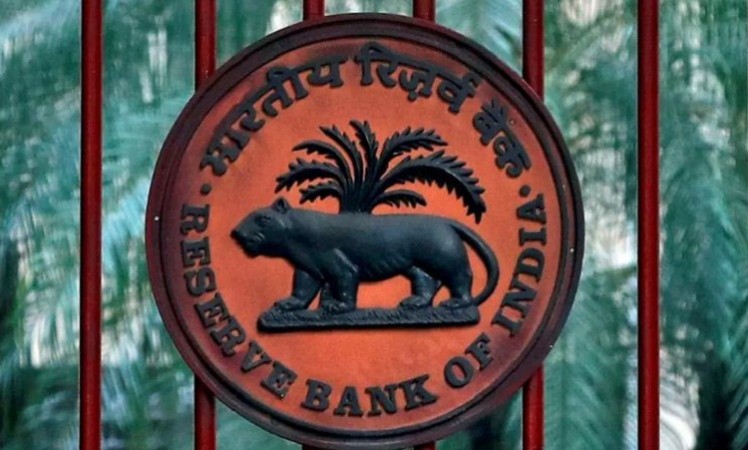
The withdrawal of Rs. 2,000 notes is not demonetization but rather a statutory exercise, the Reserve Bank of India (RBI) said the Delhi High Court on Tuesday. The decision to allow their exchange was made for operational convenience.
Attorney Ashwini Kumar Upadhyay was arguing in court that the RBI and SBI's notices allowing the exchange of Rs. 2,000 banknotes without a receipt were arbitrary and in violation of the rules intended to fight corruption.
A bench made up of Chief Justice Satish Chandra Sharma and Justice Subramonium Prasad announced that it would issue the proper ruling regarding the attorney's public interest lawsuit. "We'll investigate it. The court announced that a suitable order would be passed.
Upadhyay made it clear that he was criticising the exchange of the cash without a slip or identification verification rather than the decision to abolish the Rs. 2,000 notes. He argued that a deposit into a bank account should be permitted for the exchange of Rs. 2,000 banknotes. "What makes ID proof exempt? Each impoverished person has a Jan Dhan account. BPL individuals have bank accounts as well, said Upadhyay, who asserted that the current system primarily benefits mafias, gangsters, such as "Atiq Ahmed's henchmen," and naxals.
The RBI's senior attorney Parag P. Tripathi highlighted that the court cannot get involved in such matters and that the decision to allow the exchange of the Rs. 2,000 currency note was made for operational reasons.
Demonetization was not the case here. The Rs. 2,000 banknote was uncommon. The needs for currency are still being met by other denominations, he noted.
"This is a required activity. None of the petitioner's claims touch upon or have anything to do with constitutional matters, Mr. Tripathi continued.
Disputes heard. After hearing from the parties, the court stated that judgement was reserved.
The petitioner argued in his argument that the RBI and SBI's notifications allowing the exchange of Rs. 2,000 banknotes without a requisition slip and identification evidence were arbitrarily, irrationally, and in violation of Articles 14 of the Indian Constitution.
The petitioner has contended, a significant portion of the currency has either ended up in people's lockers or has "been hoarded by the separatists, terrorists, Maoists, drug smugglers, mining mafias & corrupt people." High value cash transactions are the main cause of corruption and are used for illegal activities such as terrorism, naxalism, separatism, radicalism, gambling, smuggling, money laundering, kidnapping, extortion, bribery, and dowry, among others. The RBI and SBI should make sure that only banknotes worth Rs. 2,000 are deposited in their respective bank accounts.
"The Centre recently declared that every family needed an Aadhaar card and a bank account. Therefore, it is unclear why the RBI allows the exchange of Rs. 2,000 bills without requiring identification. It is also important to note that free grains are provided to 80 crore BPL families. It indicates that 80 billion Indians hardly ever utilise Rs. 2,000 bills. As a result, the petitioner also requests that the RBI and SBI be instructed to take action to ensure that only bank accounts are used to deposit Rs 2000 banknotes, the plea said, adding that depositing Rs. 2,000 in bank accounts would make it easier to identify individuals with hidden assets and black money.
The Reserve Bank of India (RBI) declared on May 19 that Rs. 2,000 currency notes will no longer be in circulation and that those still in use could be deposited in bank accounts or exchanged by September 30.
The RBI announced in a statement that the bank notes with a face value of Rs. 2,000 will remain legal currency.
The RBI has announced that beginning on May 23, exchanges of Rs. 2,000 bank notes into bank notes of other denominations can be conducted at any bank up to a maximum of Rs. 20,000 at a time in order to maintain operational convenience and prevent disruption of regular activities of bank branches.
State Bank of India (SBI) told the chief general managers of all its local head offices that the public will be able to swap Rs. 2,000 notes up to a maximum of Rs. 20,000 at a time without needing to get a requisition slip.
The communication from May 20 stated, "Furthermore, no identity proof is required to be submitted by the tenderer at the time of exchange."